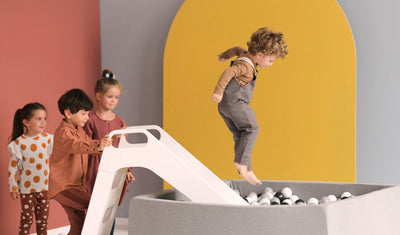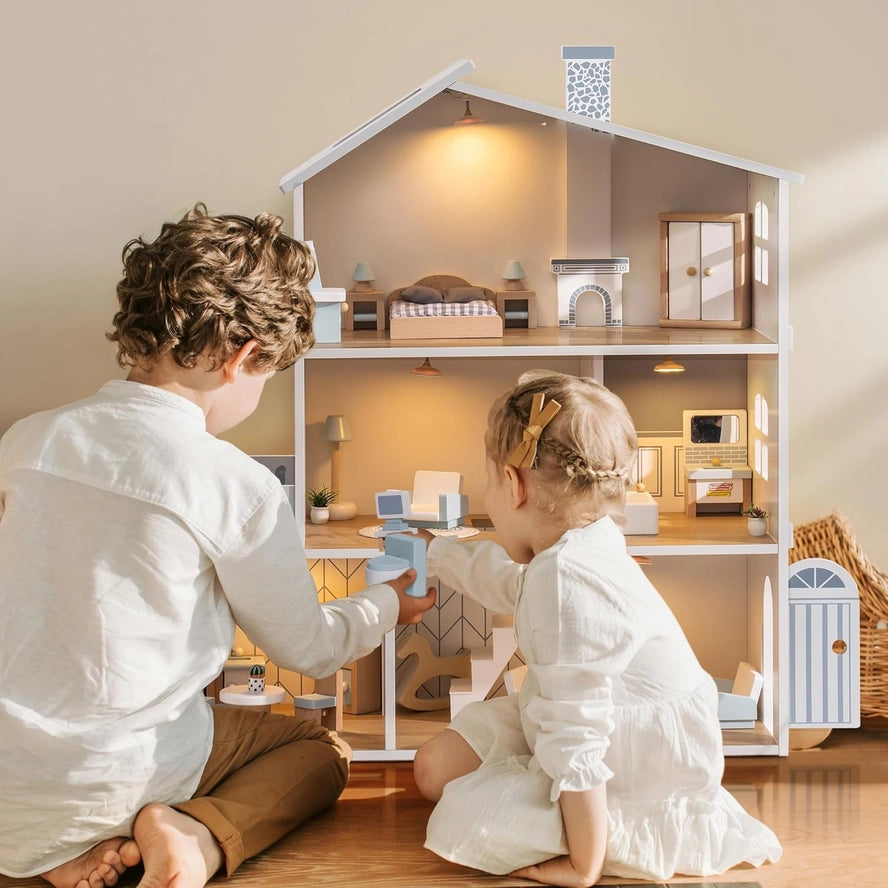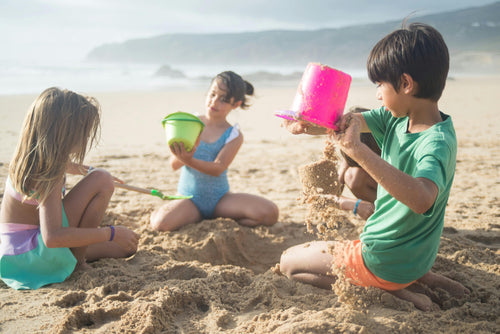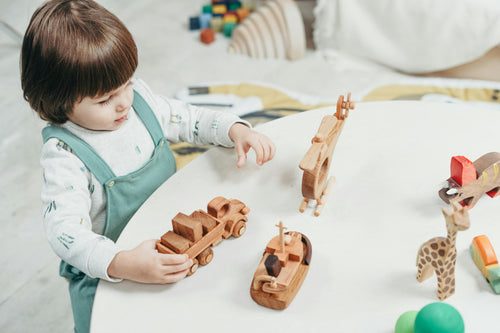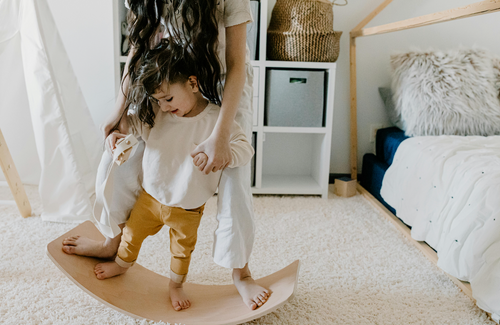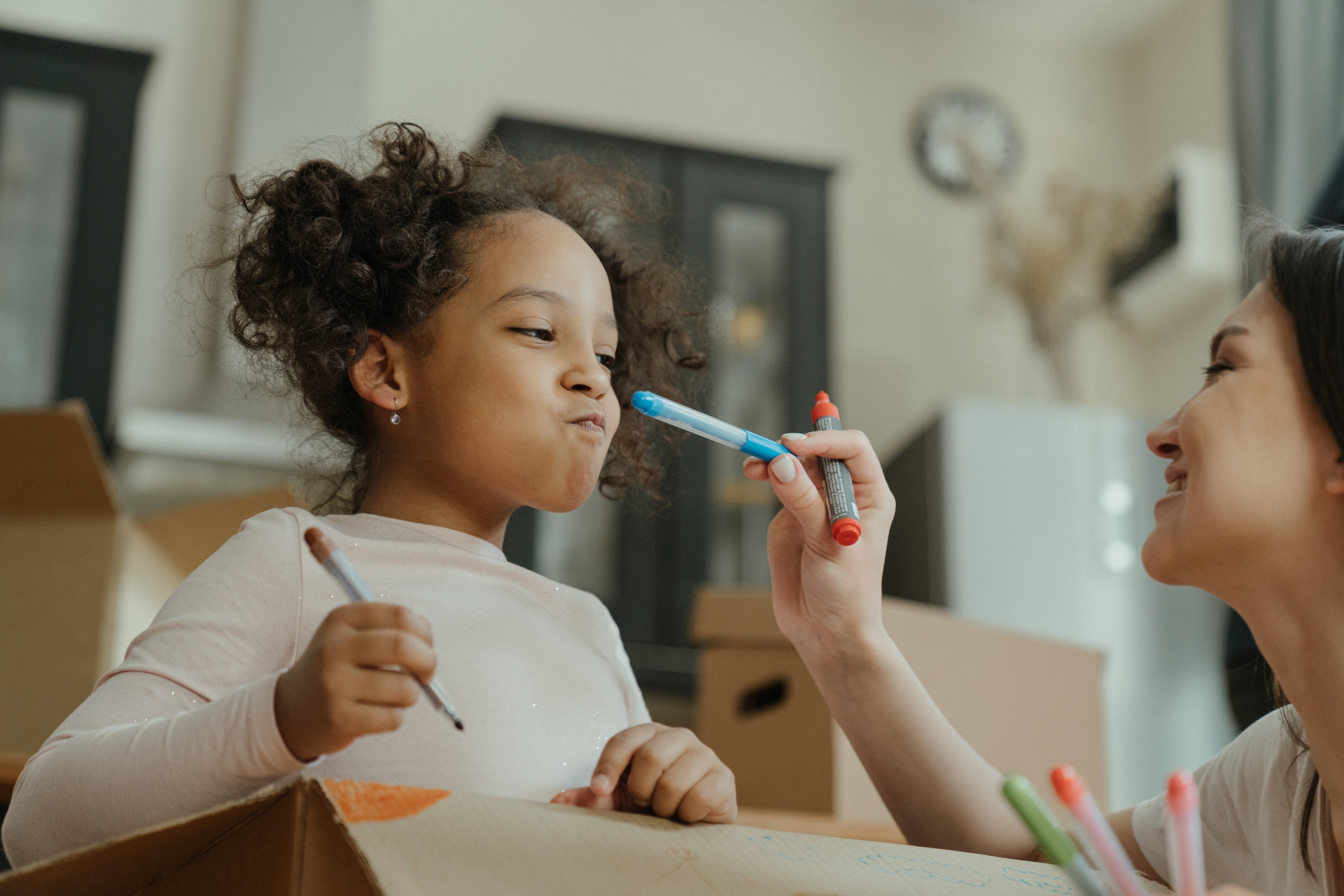
Creative Awakening: The Key to Nurturing Children's Imagination and Autonomy
In a world where technology is increasingly important in our children's lives, creative activities provide an essential balance. These activities, ranging from traditional art to crafts, play a crucial role in a child's holistic development, stimulating both their brain and motor skills.
1. Stimulate Creativity and Imagination
Crafts and artistic activities are powerful engines of creativity. Whether painting, sculpting, drawing, or creating crafts, these activities allow children to explore their ideas and express their individuality. The creativity stimulated by these activities is not only beneficial in the artistic field; it also encourages innovative and purposeful thinking in various aspects of life.
2. Develop Fine Motor Skills and Coordination
Creative activities like drawing, painting, or sculpting improve fine motor skills and hand-eye coordination. These skills are essential for everyday tasks like writing and other activities requiring precision. Additionally, these activities help develop patience and concentration in children.
3. Strengthen Cognitive Skills
Studies have shown that creative activities strengthen cognitive functions. They improve memory, attention span, and concentration. Children who regularly engage in creative activities often show better academic performance, particularly in math and science.
4. Encourage Emotional Expression
Creative activities provide a safe space for emotional expression. Children can use art to communicate feelings they cannot yet express verbally. This is particularly beneficial for emotional development and can be an effective tool for managing stress and anxiety.
5. Promote Autonomy and Self-Confidence
By completing art or craft projects, children make decisions, solve problems, and learn from their mistakes. This process fosters independence and builds self-confidence. Each completed project can be a source of pride and a boost to self-esteem.
6. Develop Social Skills
Creative group activities, such as art workshops or classroom craft projects, encourage collaboration, sharing, and communication among peers. These social interactions are vital for developing children's interpersonal skills.
7. Preparation for an Innovative Future
In a rapidly changing world, the ability to innovate and think creatively is increasingly sought after. Creative activities prepare children to meet the challenges of tomorrow by developing flexible and innovative thinking.
8. Reducing Screen Addiction
In an age where screens are omnipresent, creative activities offer a healthy and enriching alternative. They encourage children to step away from screens and interact with the real world, thus improving their overall well-being.
9. Awareness of Cultural Diversity
Many creative activities, such as arts and crafts, allow children to explore different cultures and traditions. This fosters an appreciation for diversity and encourages open-mindedness.
Investing in creative activities for children is an investment in their future. Not only do these activities enrich their daily lives, but they also lay the foundation for healthy overall development. As parents, educators, or guardians, encouraging engagement in creative activities is

